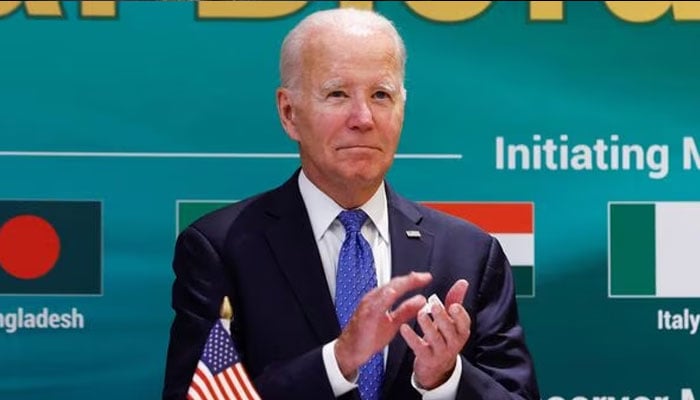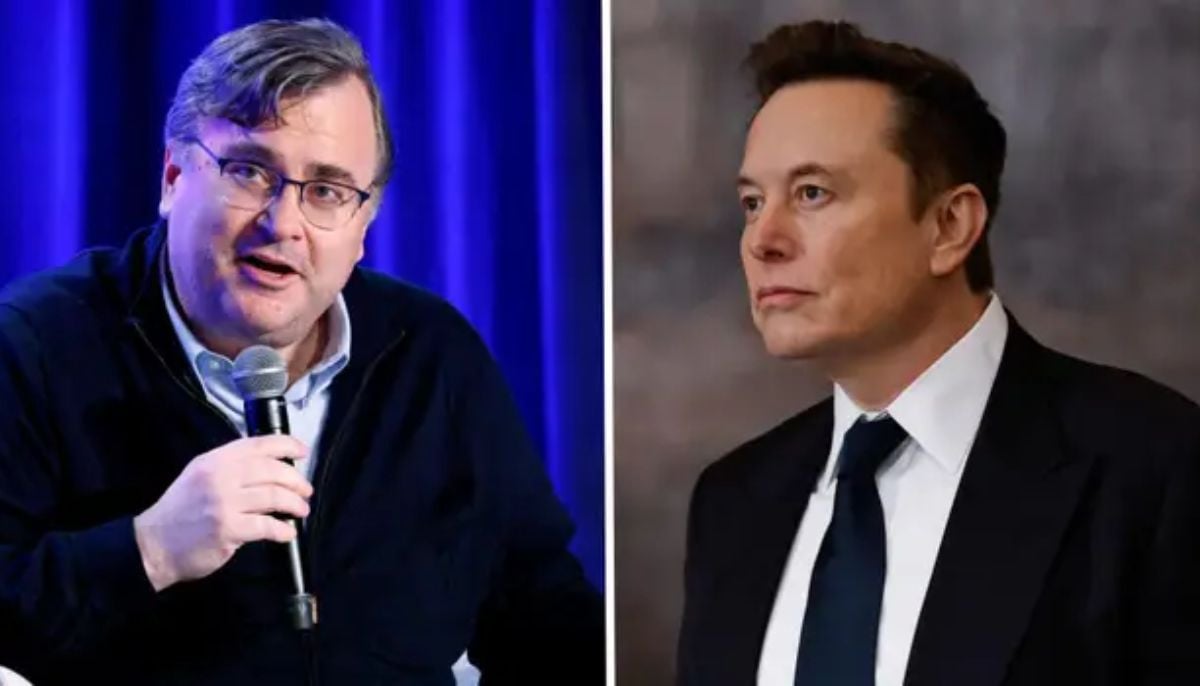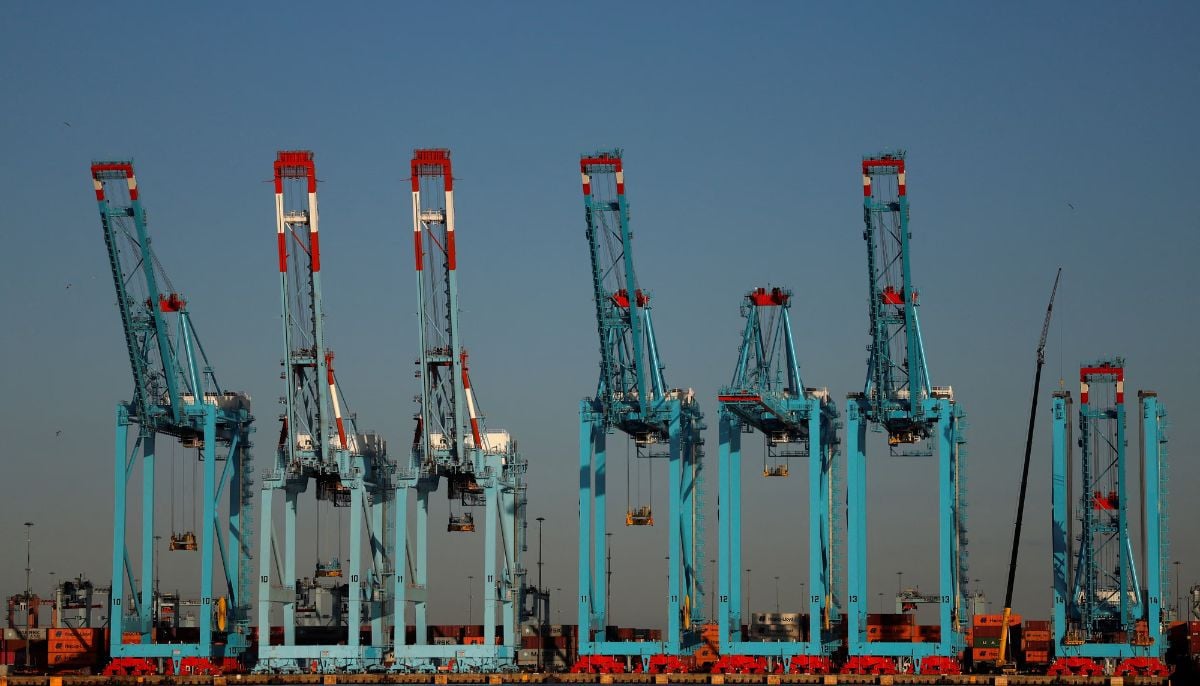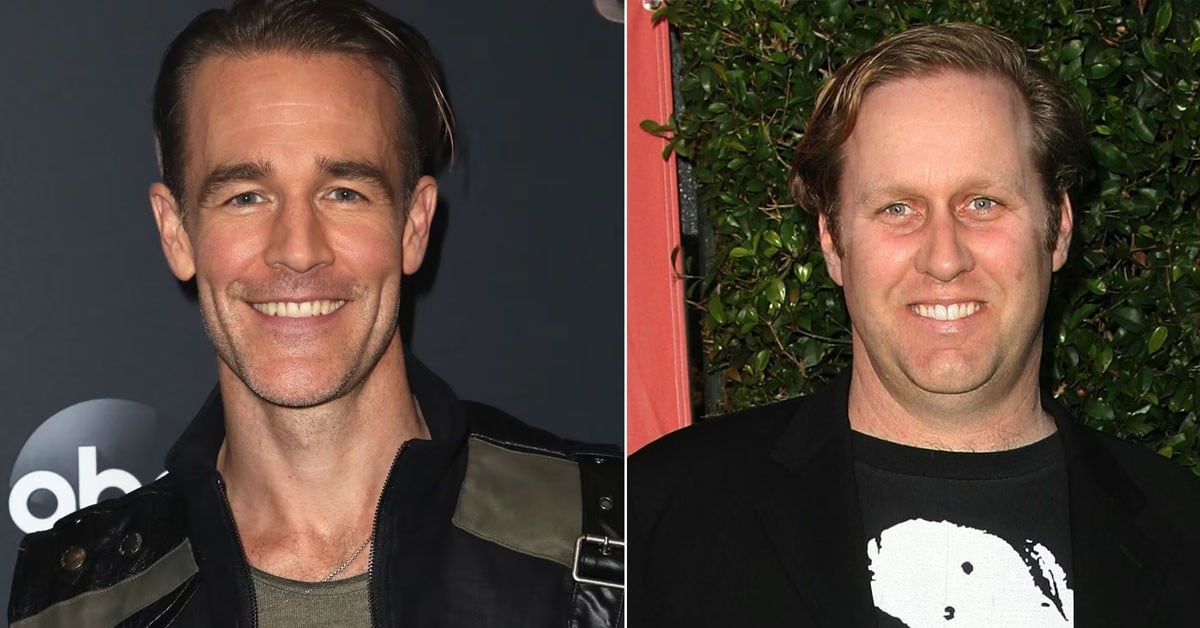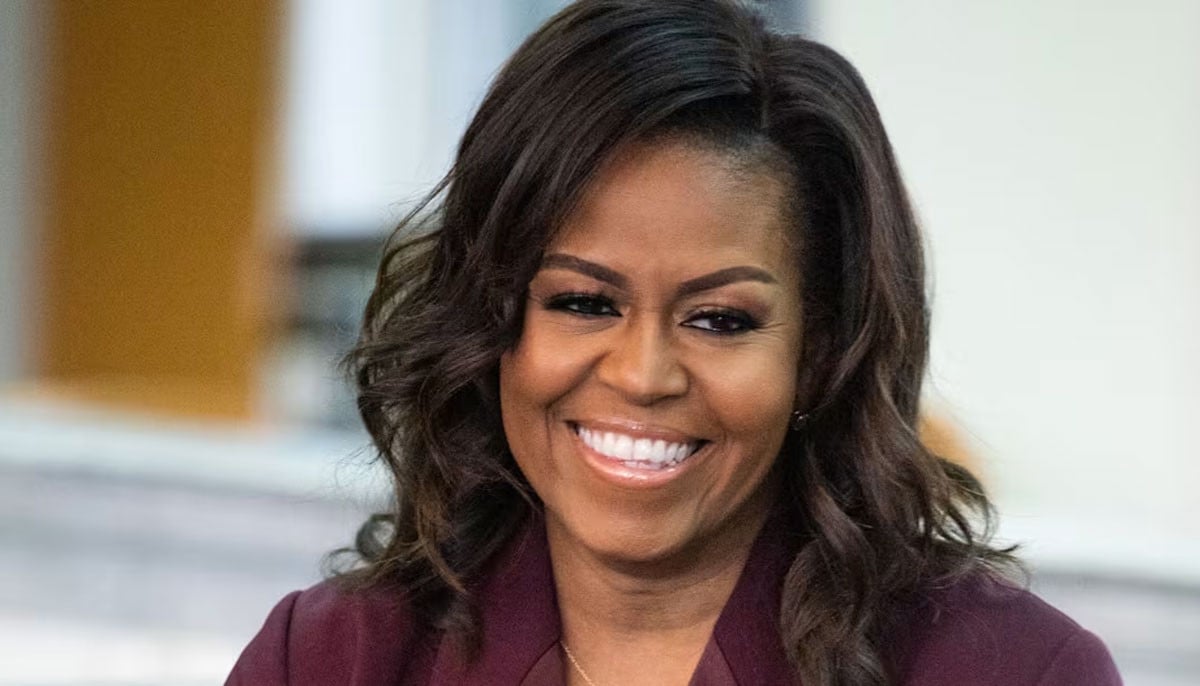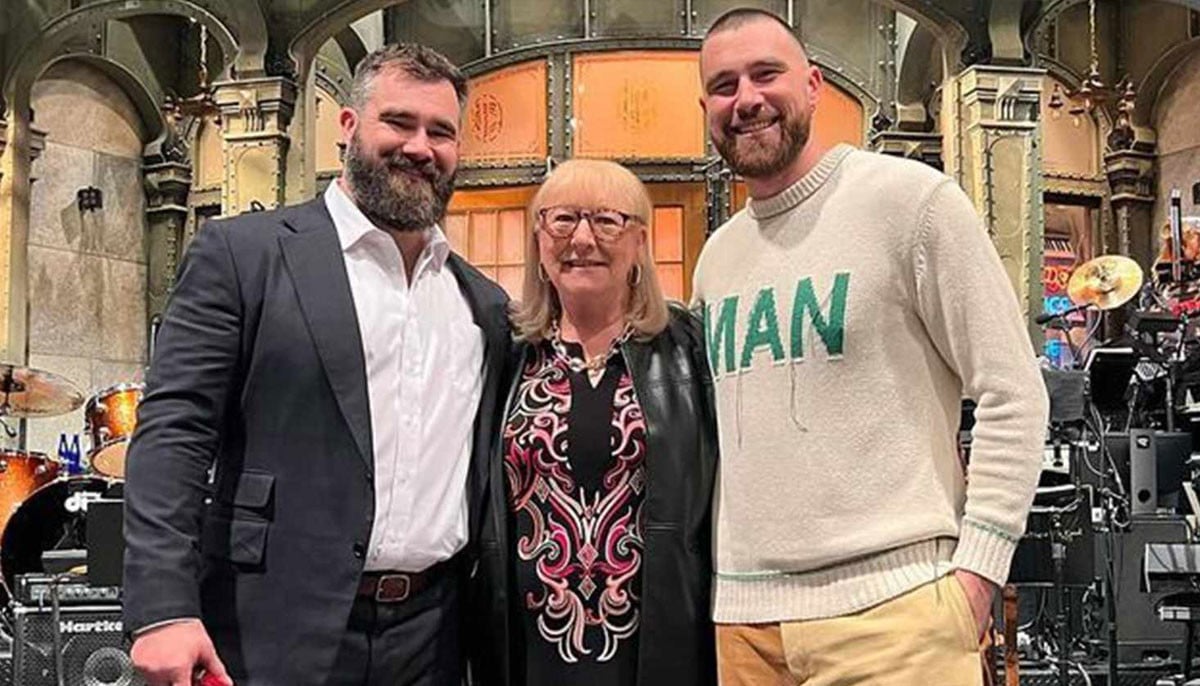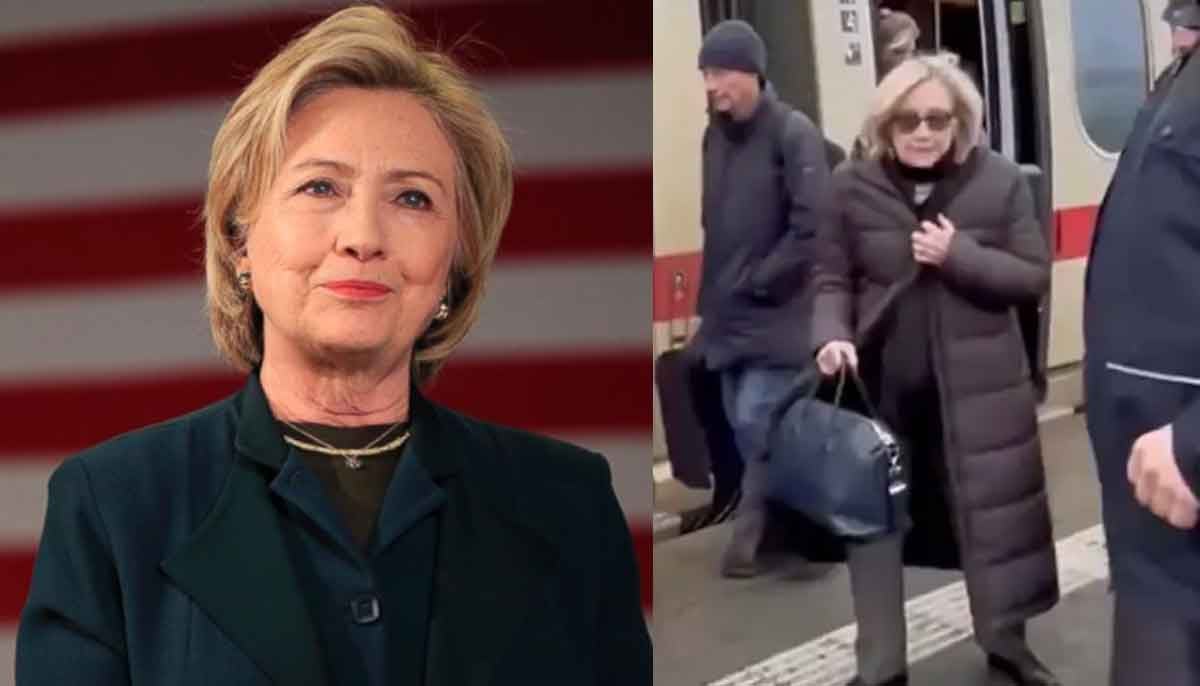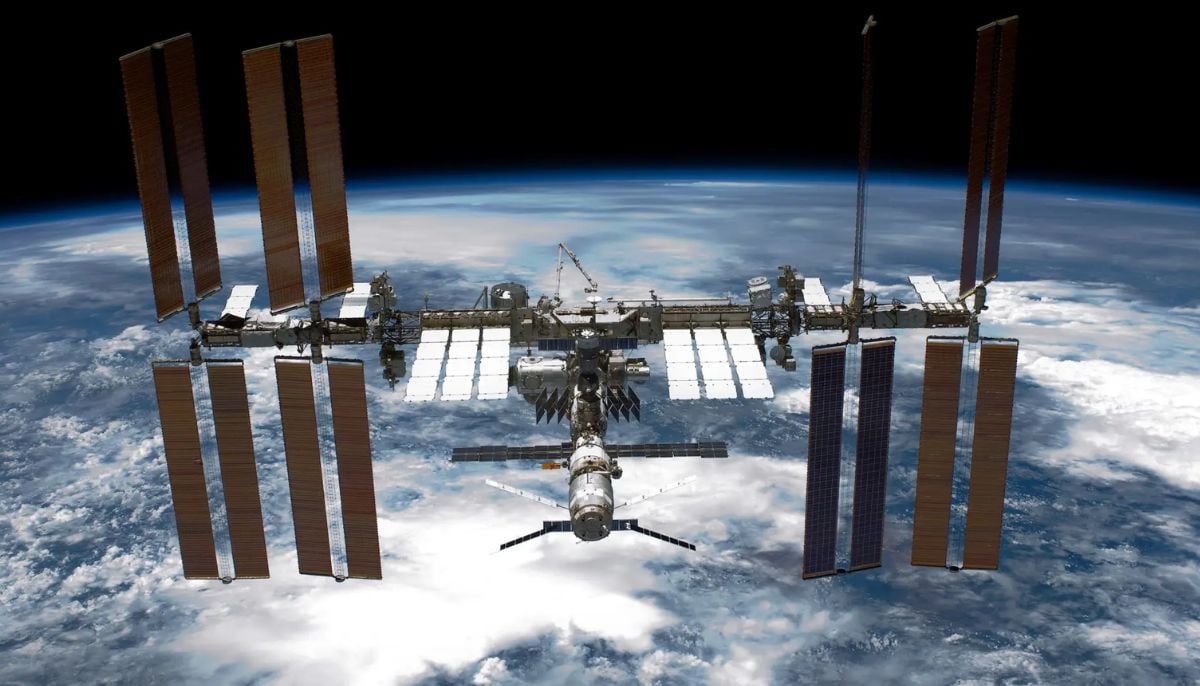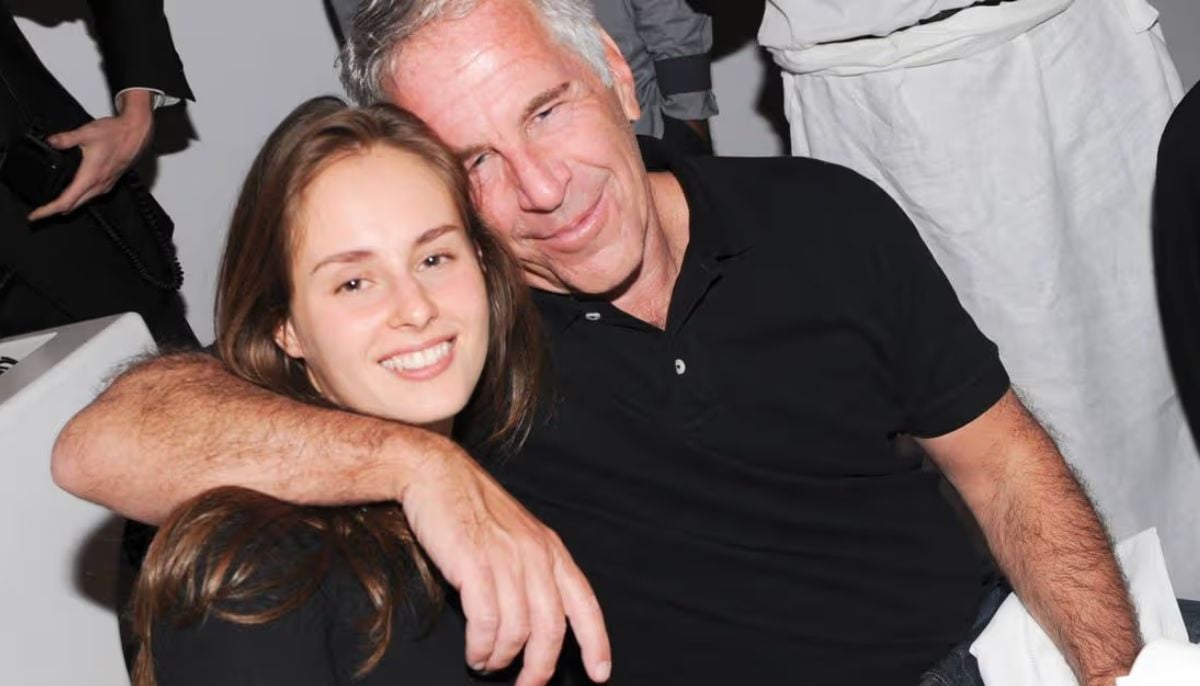'Real big deal': India-Middle East-Europe economic corridor announced on G20 sidelines
The economic corridor aims to connect the Middle East and India
During the G20 summit held in New Delhi, world leaders — including US President Joe Biden, Indian Prime Minister Narendra Modi, and European Commission President Ursula von der Leyen — announced a groundbreaking multilateral infrastructure project known as the India-Middle East-Europe economic corridor.
This initiative is part of a broader effort called the Partnership for Global Infrastructure Investment.
The India-Middle East-Europe economic corridor is set to encompass both rail and port connections, facilitating trade and connectivity between the Middle East and South Asia. It represents a historic collaboration involving several nations, including India, the United Arab Emirates (UAE), Saudi Arabia, European Union (EU) member states like France, Italy, and Germany, as well as the United States.
This partnership assumes particular significance as it comes at a time when US President Joe Biden seeks to counter China's Belt and Road Initiative, a global infrastructure and economic development project, by presenting the United States as an alternative partner and investor for developing countries within the framework of the G20.
President Biden described this initiative as a "real big deal," emphasising its potential to connect ports across two continents and promote a more stable and prosperous Middle East. He highlighted the opportunities it would create for clean energy, clean electricity, and enhanced connectivity through cable infrastructure.
Indian Prime Minister Narendra Modi, the host of the summit, emphasised the long-term benefits of such a connectivity initiative, envisioning it as a foundation for future generations to aspire to greater achievements.
This economic corridor project aims to benefit low and middle-income countries in the region and position the Middle East as a significant player in global commerce. It plans to establish railway connections among Middle Eastern nations and connect them to India via ports, facilitating the flow of energy and trade from the Gulf to Europe. This is expected to reduce shipping times, costs, and fuel consumption.
A memorandum of understanding for this project was set to be signed by the European Union, India, Saudi Arabia, the United Arab Emirates, the United States, and other G20 partners, signifying their commitment to its realisation. While specific financial details of the project were not immediately available, it represents a substantial opportunity for connectivity and economic growth.
The initiative aligns with broader diplomatic efforts in the Middle East, including the potential recognition of Israel by Saudi Arabia, and is seen as a means to promote stability and cooperation in the region.
European Commission President Ursula von der Leyen emphasised the significance of this economic corridor, highlighting that it would significantly expedite trade between India and Europe, making it 40% faster. She described it as a "green and digital bridge across continents and civilisations," emphasising the inclusion of infrastructure for transmitting electricity and data.
-
Michelle Obama gets candid about spontaneous decision at piercings tattoo
-
Bunnie Xo shares raw confession after year-long IVF struggle
-
Disney’s $336m 'Snow White' remake ends with $170m box office loss: report
-
Travis Kelce's mom Donna Kelce breaks silence on his retirement plans
-
Hailey Bieber reveals KEY to balancing motherhood with career
-
Hillary Clinton's Munich train video sparks conspiracy theories
-
Woman jailed over false 'crime in space' claim against NASA astronaut
-
Columbia university sacks staff over Epstein partner's ‘backdoor’ admission
